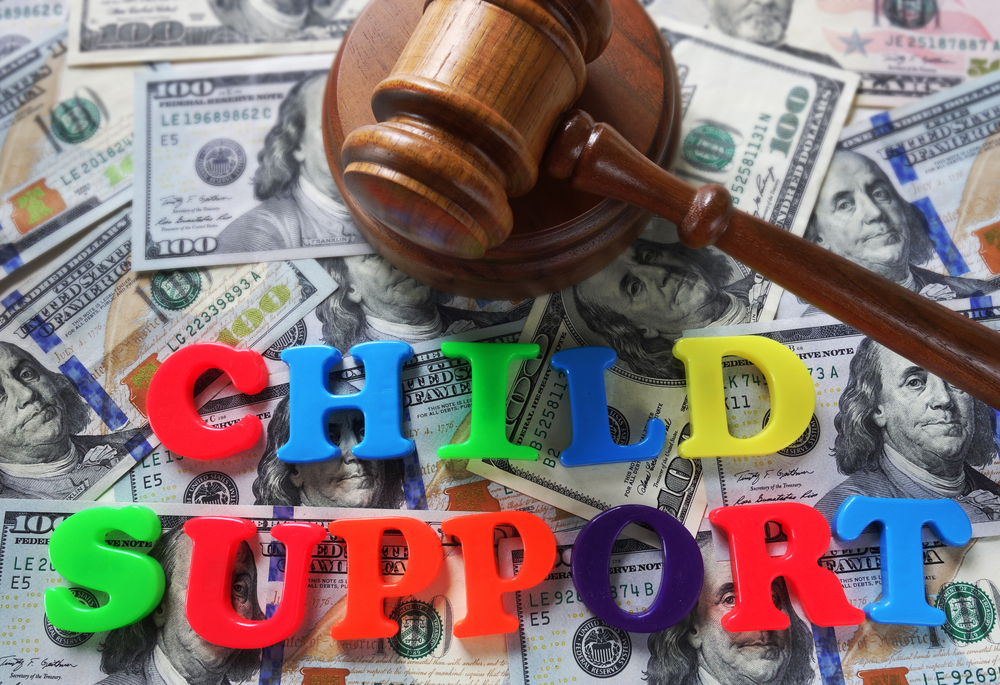There’s a lot of ideas and misconceptions out there about what child-support really is and what it should cover. Critics of the child support system see the only essentials should be covered. That would basically limit the scope of child support to simply food and clothes. In reality, child support covers a lot more than just the bare basics of what a child needs to survive if you have legal questions about child support contact your Fresno child support lawyer.

Child support needs can range from basic necessities to medical care, childcare, entertainment, transportation, education, help paying for extracurricular activities like sports, and even up to college expenses. No one ever said that raising a child is easy or cheap. If a parent is tasked with the responsibility of paying child support, they are chipping in for everything in that child’s life.
Let’s break this down and look at what the law says regarding child support.
Typical Expenses for Child Support
Raising a child these days is more expensive than ever. A lot of it has to do with the rising costs in both healthcare and education. These are only a few of the areas in which it’s necessary for a parent to help support their child. Let’s break these down into individual categories.
Basic Needs and Necessities
There is a reason why child support does not cover just food and clothes. Yes, children need to eat and have proper clothing so they can stay warm during the winter and go to school while following the dress code. You should be able to buy all the groceries, beverages, and snacks they need to live on. But they also need a place to live that’s comfortable and safe. These costs are often incorporated into child support payments. This may include the cost of rent or mortgage, the light bill, utilities, and even a phone.
Medical Costs
It’s essential for parents to have access to health insurance to help pay for the exuberant costs of healthcare. Your child might need glasses. They’ll need to see the dentist at least twice a year. There’ll be checkups, broken bones, and illnesses that require stitches, prescriptions, and casts. It’s your job to make sure that your child is well protected on all fronts.
Healthcare costs even extend into things that aren’t covered by insurance. For example, you might have premiums that must be met before your insurance kicks in. There’ll be deductibles and copays. The child might need treatment or surgery that is not fully covered. These are considered extraordinary medical expenses. Classes, casts, braces, and so much more would be covered by child support.
Educational Expenses
Getting a proper education is a huge need in a child’s life. It’s even required by law that children attend school. Even if they get a public education, it’s not necessarily completely free. There might be fees or other costs, school supplies, new clothes and shoes, uniforms, lunch money, and tutors if needed. If your child plays a part, it’s a pretty good guarantee that there will be a lot of costs associated with that.
Childcare Costs
If both parents work, then timing can be an issue. Your work schedule might overlap with their school schedule. You might also have children who are too young to start school yet. This means that one or both of you are going to have to chip in and pay for childcare costs. This might include daycare services, hiring a babysitter, or other costs associated with proper childcare. Also, don’t forget those pesky summer months and school holidays.
Transportation and Other Travel Needs
Children also need to have access to reliable and safe transportation. As you may know, it costs money to maintain a vehicle, which can include insurance, registration costs, gas, monthly payments, and more. This cost also includes being able to transport the child safely to visit the noncustodial parent as per the separation agreement.
Entertainment Needs
This might not seem like a necessity that you should be expected to help pay for, many states in courts of law have determined that indeed a child should be entitled to some type of basic entertainment. This might include having access to cable TV, games, computers and the Internet, movie theater visits, going to an amusement park, field trips, vacations, and other forms of entertainment.
Funds for Extracurricular Activities
Your child will have a lot of fun things they enjoy doing. These types of activities are often part of school life but happen outside of school hours. Sports was already mentioned, but this might include going to summer camp, joining a club, activities like Boy Scouts or Girl Scouts, and other afterschool programs they might enjoy. Many of these activities require parents to pay for fees, jerseys, or other equipment.
Going to College
You might think that you’re done supporting the child after they turn 18. Yet, many states do require that both parents chip in to help pay for a child’s college expenses and child support may be a part of that. It’s usually the noncustodial parent who is required by law to help contribute to their child’s cost of getting a college education. This might seem unfair, considering the child is most likely over the age of 18, yet it’s the ruling of many courts that your child’s education should go to the wayside because of a divorce.
Other Financial Considerations Often Made
While these are simply considered the everyday needs of a child, there are a lot of other factors and considerations that are made. A judge might look at your income and what you’re reasonably able to pay. The look at the full financial needs of the child and how much money is going to be needed to keep up a certain standard of living for that child.

For these reasons, the court also has an understanding that the custodial parent is taking care of the child’s needs and as such doesn’t require that parent to prove that child support payments are going towards that. It might happen later if it can be found that the child isn’t being taken care of. Then a court might require a full checking and monitoring of how the custodial parent is taking care of child-support funds.






